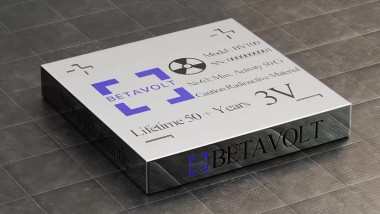A tiny radioactive battery could keep your future phone running for 50 years
A tiny radioactive battery could keep your future phone running for 50 years::A glowing horizon for phones

Welcome to Incremental Social! Learn more about this project here!
Check out lemmyverse to find more communities to join from here!
A tiny radioactive battery could keep your future phone running for 50 years::A glowing horizon for phones
